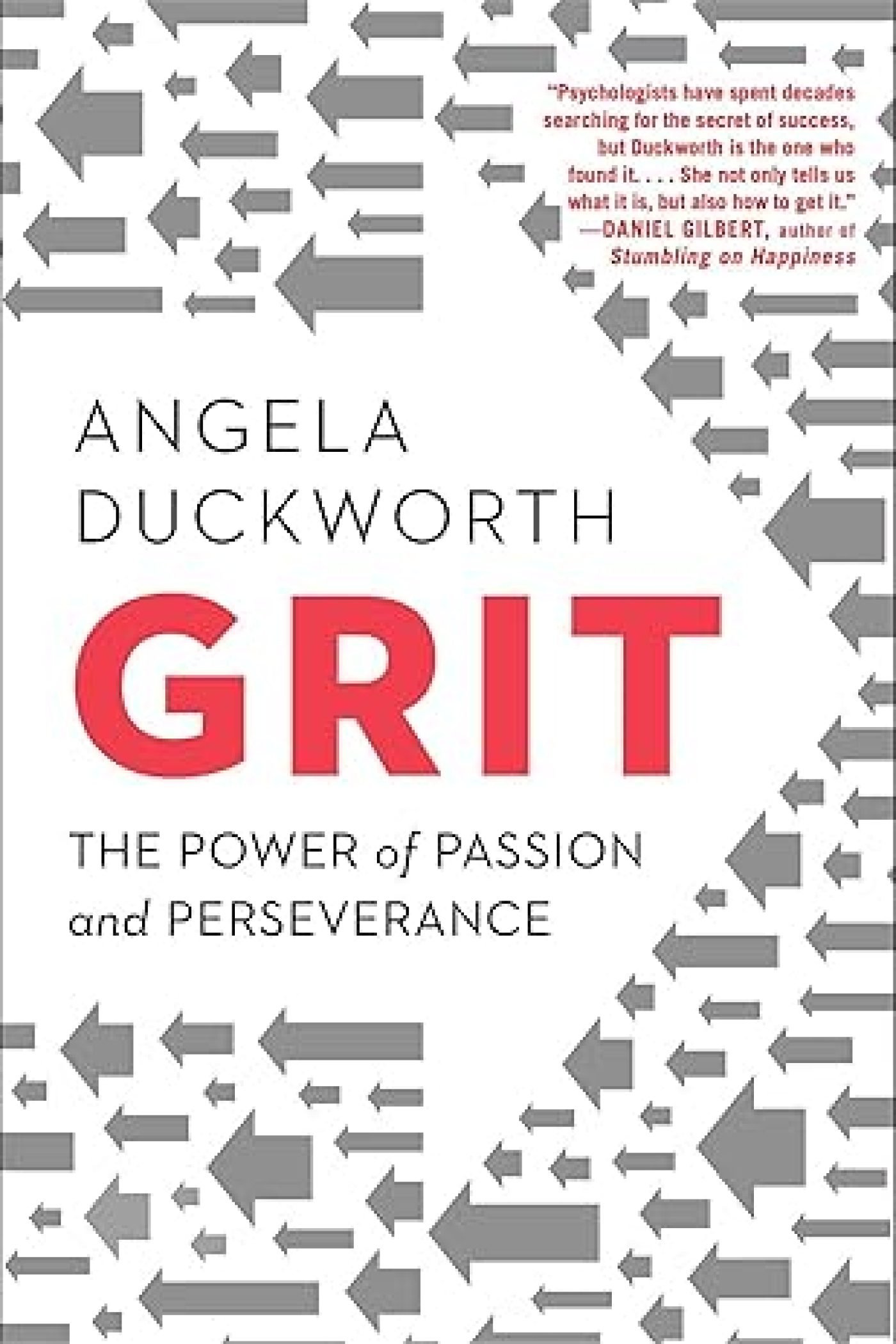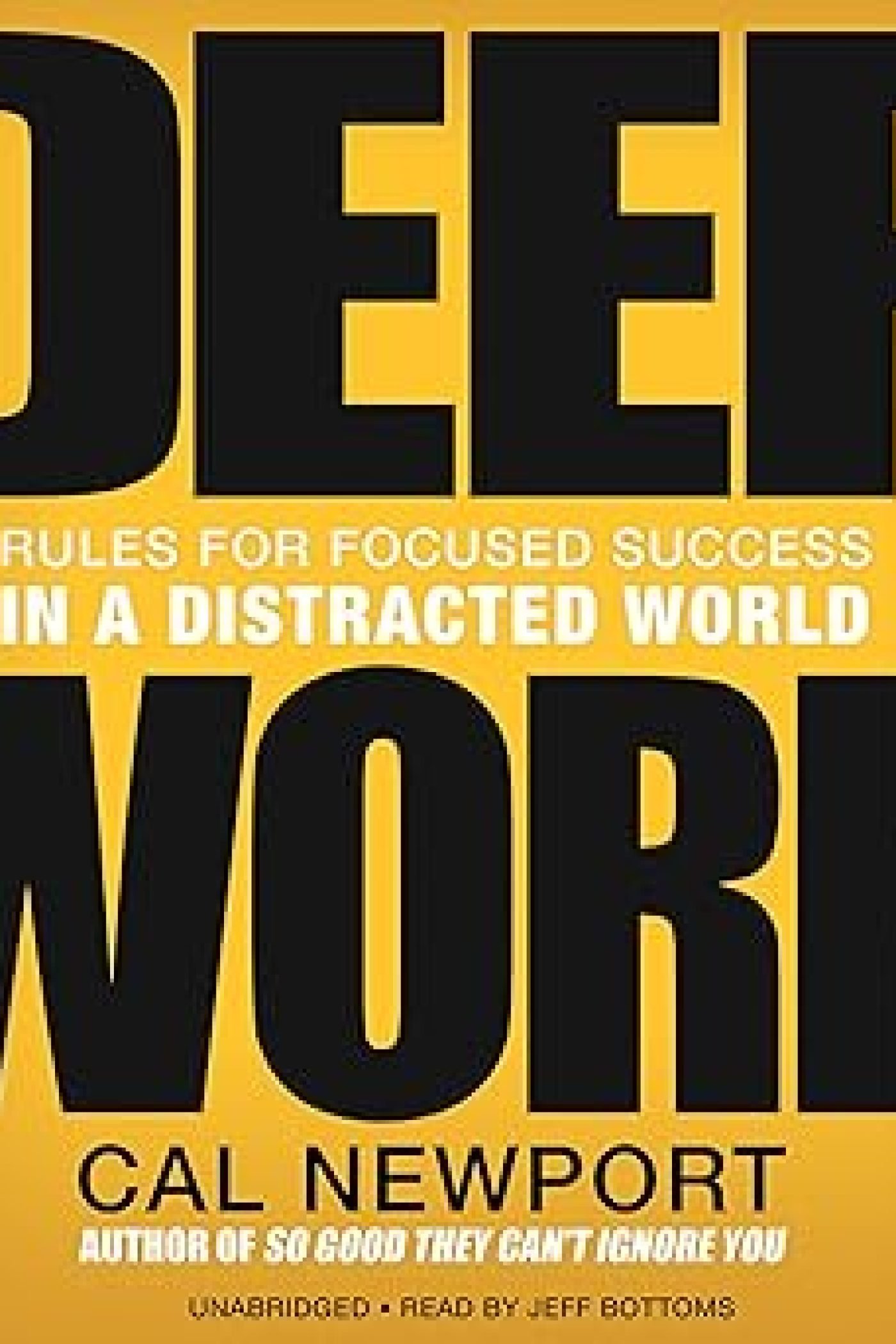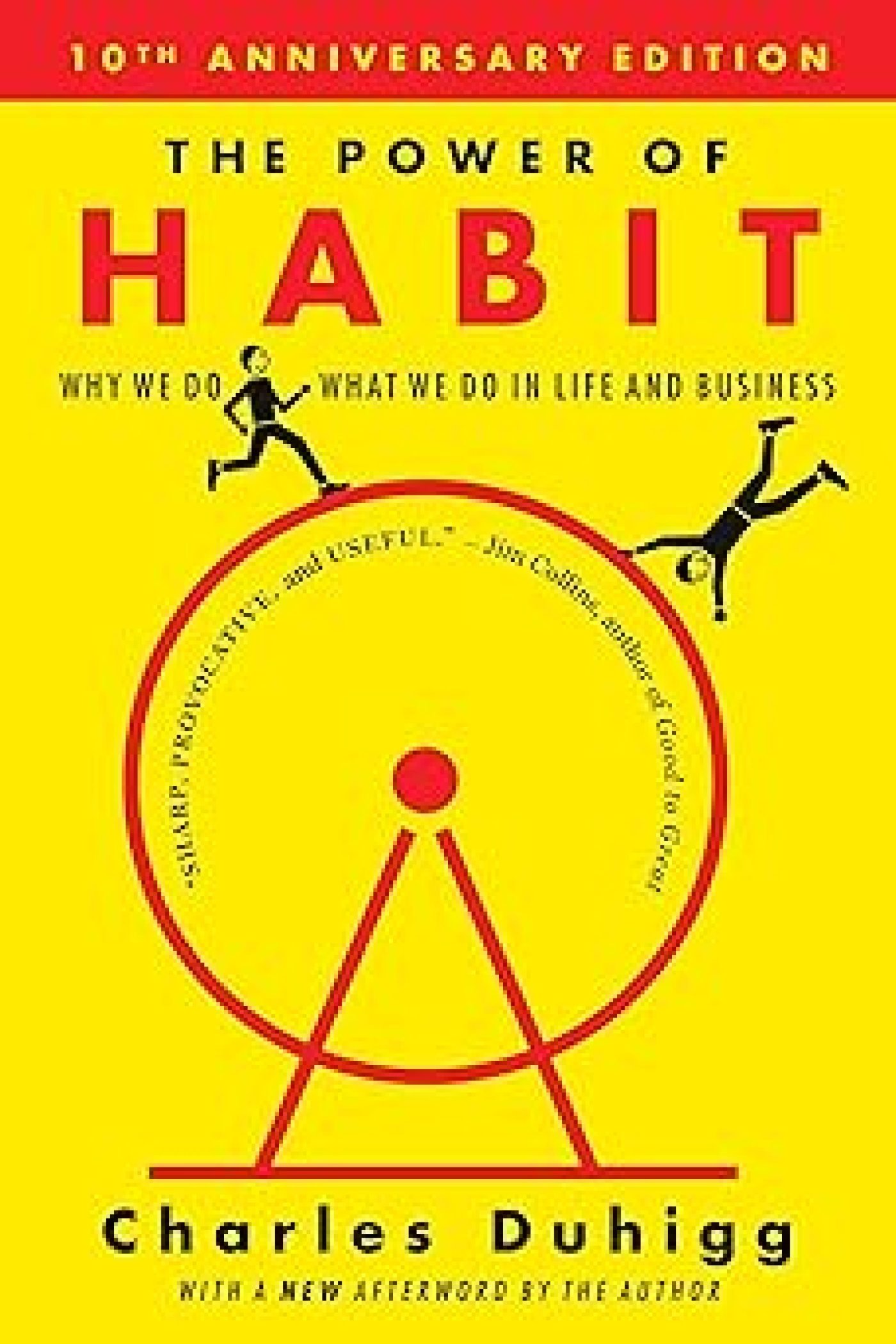
Diligent
The Diligent type is characterized by their unwavering commitment to structure, discipline, and consistency in their actions. They excel in environments that provide clear systems and expectations, allowing them to methodically work toward their goals. With a strong attention to detail, they ensure every task is completed with precision and reliability, making them dependable and efficient in any endeavor. While their focus on routine is a significant strength, they may struggle with adaptability when unexpected changes arise. By leaning into their natural strengths and learning to embrace flexibility, the Diligent type can achieve remarkable results both personally and professionally.
Have you found your Tailored Approach?

Diligent
The Diligent individual is reliable and methodical, taking pride in consistently meeting goals and adhering to high standards. Their structured approach allows them to tackle tasks with precision, ensuring that no detail is overlooked. Through persistent effort and a strong sense of responsibility, they achieve long-term success by maintaining focus and discipline, even in the face of challenges.
Have you found your Tailored Approach?
Our Tailored Book Suggestions for Diligent Habits
Our Tailored Book Suggestions for Diligent Habits
The Diligent's Action Center
Action Catalysts

Action Constraints

Clear Goals: Having specific, measurable objectives keeps them motivated and focused on progress.
Structured Plans: Detailed schedules and checklists help maintain their momentum and ensure no task is overlooked.
Accountability Systems: External or self-imposed accountability reinforces their commitment to staying consistent.
Incremental Progress: Breaking larger tasks into smaller, manageable steps aligns with their methodical approach.
Supportive Environment: A calm, organized setting allows them to focus on their work without unnecessary distractions.
Lack of Organization: Chaotic or undefined processes can derail their focus and reduce efficiency.
Overcommitment: Taking on too many responsibilities can lead to burnout and diminished results.
Unclear Expectations: Ambiguity in tasks or goals disrupts their need for clarity and structure.
Unexpected Changes: Sudden shifts in plans or priorities can throw them off course and impact their consistency.
Micromanaging Tendencies: Over-focusing on minor details may hinder overall progress and create unnecessary stress.
The Diligent's Action Center
Action Catalysts

Clear Goals: Having specific, measurable objectives keeps them motivated and focused on progress.
Structured Plans: Detailed schedules and checklists help maintain their momentum and ensure no task is overlooked.
Accountability Systems: External or self-imposed accountability reinforces their commitment to staying consistent.
Incremental Progress: Breaking larger tasks into smaller, manageable steps aligns with their methodical approach.
Supportive Environment: A calm, organized setting allows them to focus on their work without unnecessary distractions.
Action Constraints

Lack of Organization: Chaotic or undefined processes can derail their focus and reduce efficiency.
Overcommitment: Taking on too many responsibilities can lead to burnout and diminished results.
Unclear Expectations: Ambiguity in tasks or goals disrupts their need for clarity and structure.
Unexpected Changes: Sudden shifts in plans or priorities can throw them off course and impact their consistency.
Micromanaging Tendencies: Over-focusing on minor details may hinder overall progress and create unnecessary stress.
Find Your Outcome Today!
Consistency for the Diligent Type
With regards to Consistency, The Diligent type thrives on structure and routine, excelling in environments where clear systems and processes guide their actions. They are highly disciplined and committed to maintaining steady progress, often setting long-term goals and following through meticulously. Their attention to detail and preference for order ensure they stay consistent in their efforts, even when faced with challenges. By leaning into their natural strengths, the Diligent type can achieve impressive results through persistence and reliability.
Diligent Type + Personality Strength: Mind & Body
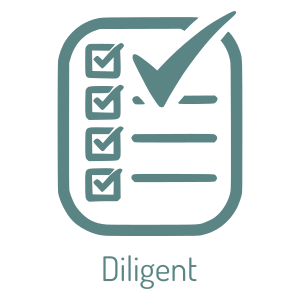

Mental Optimization
Physical Optimization
Structured Reflection: Dedicate 15 minutes daily to journaling or quiet thought to align your goals and maintain mental clarity.
Focus Blocks: Use time-blocking techniques to plan periods of deep work in a distraction-free environment.
Mindful Learning: Commit to regular study sessions in solitude, exploring topics that align with long-term objectives.
Solo Exercise Routine: Commit to individual activities like running or yoga to recharge while maintaining physical health.
Nature Walks: Take regular solo walks in nature to balance mental clarity and physical movement.
Evening Stretching: Incorporate a nightly stretching routine to unwind and improve flexibility in a calming environment.


Mental Optimization
Physical Optimization
Adaptable Planning: Incorporate flexible time slots into a detailed schedule for spontaneous tasks while maintaining focus.
Personal Retreats: Schedule quiet personal retreats or planning days to recalibrate priorities in a reflective setting.
Self-Evaluation: Use weekly self-assessments to monitor progress and adjust strategies, ensuring consistency over time.
Tailored Fitness Plan: Follow a structured workout plan that allows flexibility for mood or energy level adjustments.
Mindful Physical Activity: Practice Pilates or tai chi to blend focus and movement, aligning mental and physical balance.
Active Personal Projects: Engage in physical activities like gardening or home improvement tasks that combine exercise with productivity.


Mental Optimization
Physical Optimization
Balanced Scheduling: Design routines that alternate between focused solo work and collaborative planning sessions.
Intentional Reflection: Spend time journaling or meditating on successes and challenges, balancing introspection with action.
Focused Breaks: Plan structured breaks during work sessions to recharge and maintain steady productivity.
Alternating Workouts: Alternate between solo workouts and small-group fitness classes to leverage focus and social energy.
Consistent Hydration Schedule: Set reminders to drink water regularly throughout the day, ensuring steady physical performance
Active Breaks: Integrate short, intentional physical breaks like stretches or walks to maintain energy during focused work periods.


Mental Optimization
Physical Optimization
Goal-Focused Discussions: Engage in scheduled conversations with peers to gain fresh perspectives while staying aligned with goals.
Task Prioritization: Use collaborative planning tools to prioritize and delegate tasks, combining focus with group energy.
Motivational Check-Ins: Organize weekly check-ins with mentors or colleagues to stay motivated and accountable.
Group Fitness Plans: Join regular workout groups or classes to stay motivated while maintaining consistency.
Accountability Partners: Pair up with a fitness buddy to create mutual motivation and accountability for workouts.
Physical Team Activities: Participate in team sports or active social events that combine networking and exercise.


Mental Optimization
Physical Optimization
Structured Reflection: Dedicate 15 minutes daily to journaling or quiet thought to align your goals and maintain mental clarity.
Focus Blocks: Use time-blocking techniques to plan periods of deep work in a distraction-free environment.
Mindful Learning: Commit to regular study sessions in solitude, exploring topics that align with long-term objectives.
Dynamic Group Classes: Attend high-energy group fitness sessions that align with their preference for social interaction.
Community Runs: Join community running clubs or fitness challenges to stay physically active while building connections.
Event-Based Goals: Train for physical events like marathons or charity runs to combine structured preparation with social events.
Diligent Type + Real Estate Strategy: Lead Generation & CE Courses


Lead Generation Suggestions
CE Course Suggestions
Market Research Reviews: Regularly analyze detailed market data to identify and target high-value leads.
Organized Outreach System: Develop a CRM-based follow-up routine to nurture leads consistently over time.
Metrics-Driven Campaigns: Use performance metrics to evaluate and refine marketing strategies for greater efficiency.
Market Analysis Mastery: Courses focusing on advanced market analysis techniques to refine your data-driven decision-making.
Contract Law Proficiency: In-depth studies of real estate contracts to ensure meticulous attention to detail in transactions.
Investment Strategy Development: Training on evaluating and structuring real estate investments to leverage your analytical skills.

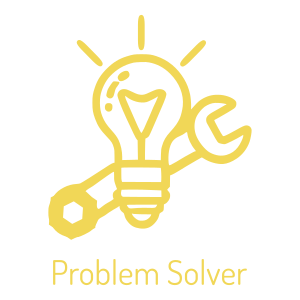
Lead Generation Suggestions
CE Course Suggestions
Challenge-Focused Prospecting: Seek leads in underrepresented or complex markets to apply creative problem-solving techniques.
Iterative Feedback Systems: Implement regular reviews of outreach strategies, allowing for data-driven adjustments.
Solution-Oriented Campaigns: Design campaigns that highlight innovative solutions to client challenges.
Advanced Negotiation Techniques: Courses that enhance your ability to navigate complex deals and find creative solutions.
Risk Management Strategies: Training on identifying and mitigating potential risks in real estate transactions.
Innovative Marketing Approaches: Sessions on developing unique marketing strategies to address challenging market scenarios.


Lead Generation Suggestions
CE Course Suggestions
Personalized Client Outreach: Focus on one-on-one interactions with leads, creating a tailored and trustworthy connection.
Consistent Check-Ins: Schedule routine follow-ups to maintain engagement and nurture long-term relationships.
Referral Programs: Build structured referral systems leveraging established relationships for consistent lead flow.
Client Communication Excellence: Courses that improve personalized communication and relationship management skills.
Cultural Competency in Real Estate: Training to effectively serve diverse client bases and build trust.
Referral Network Development: Strategies for building and maintaining a robust client referral system.

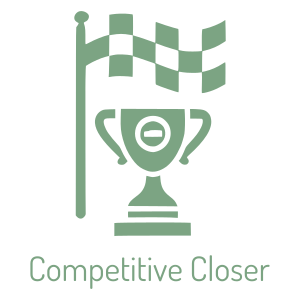
Lead Generation Suggestions
CE Course Suggestions
Urgency-Driven Calls: Incorporate targeted calls with time-sensitive offers to capture and close leads effectively.
High-Impact Follow-Ups: Develop a detailed timeline for multiple follow-ups aimed at securing rapid commitments.
Priority-Based Prospecting: Rank leads by conversion potential and focus consistent energy on high-priority prospects.
Time Management Mastery: Courses that enhance efficiency in handling multiple clients and transactions.
Advanced Closing Techniques: Training on strategies to expedite the closing process while maintaining client satisfaction.
Sales Psychology Insights: Understanding buyer behavior to effectively close deals and meet client needs.


Lead Generation Suggestions
CE Course Suggestions
Event-Based Networking: Organize structured events like open houses or seminars to meet new leads in a lively setting.
Story-Driven Outreach: Use engaging narratives in email or social media campaigns to build initial connections.
Collaborative Campaigns: Partner with community influencers or co-brand marketing efforts to reach broader audiences.
Storytelling in Real Estate: Training on crafting compelling narratives to connect with clients emotionally and enhance engagement.
Event-Based Marketing: Courses on organizing and hosting real estate events to leverage your charismatic presence.
Social Media Strategy Development: Focusing on building vibrant online communities and using platforms effectively for lead-gen.
Find Your Outcome Combinations Today!
Commitment for the Diligent Type
In Commitment, the Diligent type excels at long-term dedication, persistently following through on goals with precision and reliability. They thrive when they have clear objectives and structured plans that allow them to break down large tasks into manageable steps. Their disciplined nature ensures that they stay on track, even when faced with setbacks or challenges. However, their commitment to structure can sometimes make it difficult to adapt to unexpected changes or shifting priorities. By balancing their natural consistency with a willingness to adjust their approach when needed, the Diligent type can achieve lasting success in both personal and professional endeavors.
Diligent Type + Personality Strength: Mind & Body


Mental Optimization
Physical Optimization
Goal Mapping: Outline long-term objectives and break them into smaller milestones for focused and sustained progress.
Reflective Journaling: Regularly write about challenges and successes to strengthen resolve and maintain direction.
Quiet Visioning: Spend time visualizing success in a distraction-free space to reinforce dedication to long-term goals.
Solo Endurance Training: Engage in consistent activities like long-distance running to build physical and mental stamina.
Personal Wellness Routines: Develop steady self-care habits, such as meal prepping or mindfulness practices, for sustained energy.
Steady Morning Exercise: Start each day with quiet, low-impact exercise to set a calm and productive tone.


Mental Optimization
Physical Optimization
Balanced Goal Setting: Combine detailed goal planning with occasional flexibility for personal growth and adaptability.
Progress Evaluation: Schedule weekly review sessions to assess achievements and recalibrate focus if needed.
Intentional Inspiration: Explore personal motivators, such as meaningful quotes or stories, to stay grounded in commitment.
Customizable Fitness Plans: Design flexible routines that allow room for both consistency and adaptability.
Active Breaks: Incorporate intentional movement like short walks or stretches to maintain focus and vitality.
Healthy Tracking Systems: Use fitness trackers or apps to monitor progress and stay aligned with physical goals.


Mental Optimization
Physical Optimization
Dynamic Planning: Incorporate both personal reflection and collaborative brainstorming into long-term goal development.
Dual-Style Accountability: Balance self-accountability with occasional input from peers to strengthen commitment.
Scheduled Renewals: Periodically revisit goals to ensure alignment with both introspective and interactive priorities.
Alternating Routines: Alternate between solo workouts and small-group activities to balance internal and external energy.
Mind-Body Synergy: Combine mindfulness exercises like yoga with active routines to enhance holistic commitment.
Goal-Oriented Workouts: Set fitness milestones that align with broader personal objectives to sustain motivation.


Mental Optimization
Physical Optimization
Interactive Goal Reviews: Use conversations with trusted colleagues or friends to refine and reaffirm your objectives.
Engaged Motivation: Seek inspiration from group discussions or workshops to keep your energy focused on long-term plans.
Collaborative Focus Sessions: Schedule joint planning or study sessions to maintain engagement and accountability.
Team Fitness Challenges: Participate in regular group fitness programs that encourage accountability and energy sharing.
Socially Driven Activities: Use team sports or active group events to maintain long-term physical engagement.
Collaborative Milestone Tracking: Share fitness progress with peers to build mutual encouragement and accountability.


Mental Optimization
Physical Optimization
Public Goal Sharing: Announce your goals in social settings or to a mentor for added motivation and accountability.
Energetic Check-Ins: Use frequent, lively discussions with peers or teams to review progress and gain encouragement.
Vision-Driven Leadership: Build your commitment by inspiring others to share in your goals, fostering mutual dedication.
High-Energy Group Workouts: Commit to weekly group classes or training sessions that match your outgoing nature.
Community Health Events: Engage in charity runs or fitness events to combine social interaction with physical goals.
Partner-Based Training: Pair with a fitness partner for shared commitment and mutual support.
Diligent Type + Real Estate Strategy: Lead Generation & CE Courses


Lead Generation Suggestions
CE Course Suggestions
Market Mapping Systems: Create detailed maps of market trends to identify and consistently pursue the best opportunities.
Structured Follow-Up Frameworks: Develop CRM workflows that prioritize lead engagement over extended timelines.
Data-Driven Content: Use detailed market analyses to create highly targeted marketing materials for potential clients.
Market Analysis Mastery: Courses focusing on advanced market analysis techniques to refine your data-driven decision-making.
Contract Law Proficiency: In-depth studies of real estate contracts to ensure meticulous attention to detail in transactions.
Investment Strategy Development: Training on evaluating and structuring real estate investments to leverage your analytical skills.


Lead Generation Suggestions
CE Course Suggestions
Solution-Focused Prospecting: Seek out leads with specific challenges where your expertise in problem-solving can shine.
Adaptive Follow-Up Strategies: Implement a system allowing for personalized, situational adjustments in timing and content.
Innovative Campaigns: Design outreach campaigns that emphasize unique solutions to common real estate problems.
Advanced Negotiation Techniques: Courses on managing complex deal scenarios.
Creative Marketing Approaches: Sessions on innovative strategies for unique market challenges.
Risk Mitigation Strategies: Training on identifying and handling potential transaction risks.


Lead Generation Suggestions
CE Course Suggestions
Long-Term Nurturing: Build and execute a structured plan to maintain relationships with leads over time.
Trust-Based Marketing: Develop content emphasizing authenticity and dependability to build trust with potential clients.
Connection-Centric Outreach: Focus on personalized, one-on-one communication methods like phone calls or handwritten notes.
Client Communication Excellence: Courses on enhancing personalized communication skills.
Cultural Competency Training: Learning to connect with diverse client demographics.
Referral System Development: Strategies for building and maintaining a strong client referral network.


Lead Generation Suggestions
CE Course Suggestions
High-Priority Pipeline Management: Focus efforts on cultivating leads with the highest potential for quick conversion.
Quick-Turnaround Campaigns: Design campaigns that create urgency, such as limited-time offers or exclusive previews.
Results-Oriented Metrics: Track and evaluate lead generation effectiveness with a focus on closing rates and time-to-close.
Time Management for Closers: Training to optimize time efficiency in high-pressure transactions.
Sales Psychology Insights: Understanding buyer behavior to improve conversion rates.
Effective Closing Techniques: Advanced strategies for finalizing deals swiftly and effectively.


Lead Generation Suggestions
CE Course Suggestions
Engagement-Focused Events: Plan and execute community events that blend structured follow-up with charismatic outreach.
Story-Driven Campaigns: Use storytelling in your marketing to connect emotionally with leads and build rapport.
Collaborative Lead Generation: Partner with other local professionals to expand your lead pool while maintaining detailed follow-up systems.
Event-Based Marketing Mastery: Courses on hosting impactful community events.
Storytelling in Real Estate: Training to craft compelling narratives for emotional client engagement.
Social Media Strategy Development: Classes on leveraging online platforms to attract and nurture leads.

